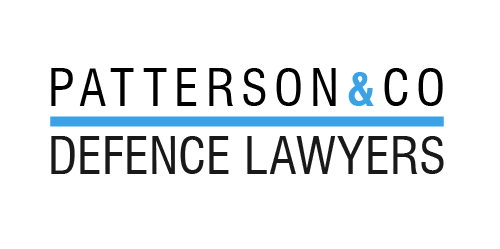Theft in Retail: Legal Advice for Shoppers and Store Owners in Scotland
Theft in supermarkets is a significant issue that affects both shoppers and store owners. Understanding the legal implications and available remedies is crucial for addressing such incidents effectively. This article explores the legal aspects of theft in supermarkets, the potential consequences, and how legal support can assist both parties, with a focus on Scotland and The Highlands and Islands.
Legal Definition of Theft in Scotland
Theft is defined under the Theft Act 1968 as the act of dishonestly appropriating property belonging to another with the intention of permanently depriving them of it. In the context of supermarkets, this can involve:
- Shoplifting: The act of taking goods from a store without paying for them. This is the most common form of theft in supermarkets.
- Employee Theft: Employees may also engage in theft by stealing goods or money from the store.
- Organized Retail Crime: Groups or individuals may systematically target supermarkets for large-scale theft operations.
Legal Consequences of Theft
The legal consequences of theft in Scotland can be severe, depending on the nature and extent of the crime:
- Criminal Charges: Theft can lead to criminal charges, which may result in fines, community service, or imprisonment. The severity of the punishment depends on the value of the stolen items and the circumstances of the theft.
- Civil Liability: In addition to criminal charges, perpetrators may face civil liability. Store owners can sue for damages to recover the value of the stolen goods and any additional losses incurred.
- Criminal Record: A conviction for theft results in a criminal record, which can have long-term implications for employment and other aspects of life.
Legal Protections for Store Owners
Store owners in Scotland have several legal protections and options for addressing theft:
- Security Measures: Implementing security measures such as CCTV cameras, security tags, and alarm systems can help prevent theft and provide evidence in case of an incident.
- Employee Training: Training employees to recognize and respond to theft can be an effective deterrent. Employees should know how to handle suspicious behavior and report incidents.
- Reporting to Police: Store owners should report theft to the police immediately. Prompt reporting can increase the chances of recovering stolen goods and apprehending the perpetrator.
- Civil Recovery: Store owners can pursue civil recovery to claim compensation for stolen goods. This involves taking legal action to recover the value of the stolen items and any associated losses.
Legal Advice for Shoppers Accused of Theft
Being accused of theft can be a distressing experience for shoppers. Here are some steps to take if you find yourself in this situation:
- Remain Calm: Stay calm and cooperate with store security and the police. Avoid escalating the situation.
- Know Your Rights: You have the right to remain silent and to legal representation. Do not admit guilt or sign any documents without consulting a lawyer.
- Seek Legal Advice: Contact a lawyer immediately. A lawyer can provide expert advice, represent you in legal proceedings, and help you navigate the legal process.
- Gather Evidence: Collect any evidence that supports your innocence, such as receipts, witness statements, or CCTV footage.
How a Lawyer Can Help
Engaging a lawyer can provide significant benefits for both store owners and shoppers involved in theft incidents:
- Legal Advice: A lawyer can provide expert advice on your legal rights and options, helping you understand the steps you need to take.
- Representation in Court: Lawyers can represent you in court, presenting evidence and arguments to protect your interests.
- Negotiation and Settlement: Lawyers can negotiate with the other party or their legal representatives to reach a fair settlement, avoiding lengthy and costly litigation.
- Civil Recovery Actions: For store owners, lawyers can assist in pursuing civil recovery actions to claim compensation for stolen goods and associated losses.
Conclusion
Addressing theft in supermarkets involves understanding the legal implications and seeking professional legal advice. Whether you are a store owner or a shopper, knowing your rights and responsibilities can help you navigate the aftermath of a theft incident effectively.
For expert legal advice and assistance related to theft in supermarkets, Patterson & Co. offers comprehensive legal services tailored to your needs. If you encounter legal challenges or need support, contact us at 01463 418 277 for professional legal guidance.
For further information try:


